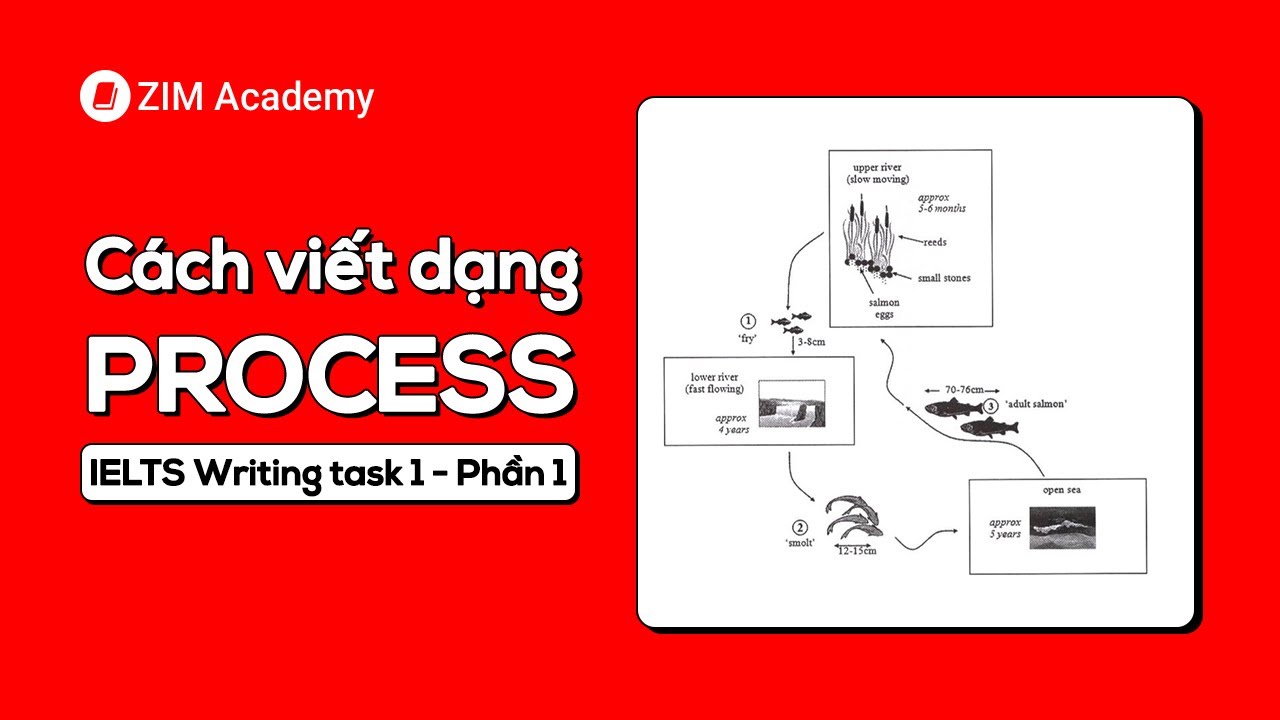What is Writing process?
The writing process is the series of steps that writers take to create a polished piece of writing. These steps typically include prewriting, drafting, revising, editing, and publishing. During the prewriting stage, writers brainstorm ideas, research their topic, outline their thoughts, and gather any necessary materials. In the drafting stage, writers put their ideas into sentences and paragraphs, creating a rough draft of their piece. The revising stage involves rereading and reworking the draft to improve clarity, coherence, and organization. Editing focuses on checking grammar, spelling, punctuation, and formatting errors. Finally, publishing involves sharing the finished piece with an audience, whether that be through submitting it for publication, posting it online, or presenting it in person. The writing process allows writers to refine their ideas, communicate effectively, and engage with their audience in a meaningful way.
Things to know about Writing process
1. Planning: Before you start writing, it is important to have a plan in place. This could include brainstorming ideas, outlining your thoughts, and organizing your main points.
2. Drafting: Once you have a plan, you can start writing your first draft. This is where you get your ideas down on paper without worrying too much about grammar or structure.
3. Revising: After you have written your first draft, it is important to go back and revise your work. This could involve deleting unnecessary information, reorganizing your paragraphs, and improving the overall flow of your writing.
4. Editing: Editing is a crucial part of the writing process where you focus on correcting grammar, punctuation, spelling, and other technical errors.
5. Proofreading: Once you have edited your work, it is important to proofread it carefully to catch any remaining errors.
6. Feedback: Getting feedback from others can be helpful in improving your writing. This could involve sharing your work with a writing group, asking a friend or colleague to read it, or working with a professional editor.
7. Time management: Managing your time effectively is key to successful writing. Set aside dedicated time for writing, break your writing tasks into smaller steps, and set deadlines for yourself.
8. Consistency: Developing a regular writing routine can help you stay motivated and productive. Set aside time each day or week to work on your writing projects.
9. Revision tools: There are many tools and resources available to help you with the writing process, including writing software, online grammar checkers, and writing guides.
10. Practice: Like any skill, writing takes practice to improve. Keep writing regularly and seek out opportunities to challenge yourself and grow as a writer.










